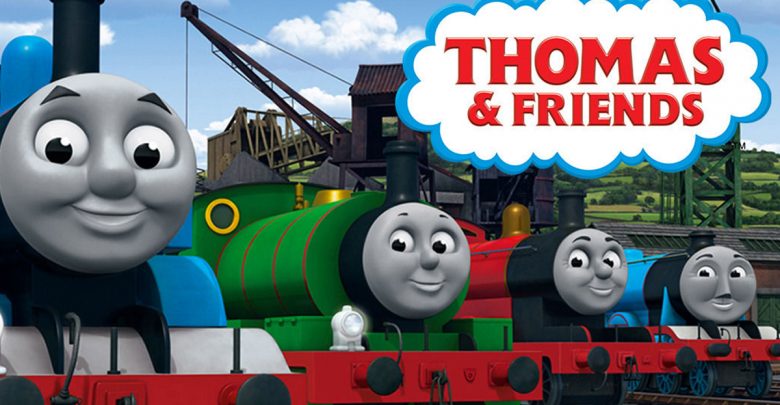 Supplied
SuppliedAccusations that she was wrongly “politicizing” children’s TV, had nothing better to study, and was wasting taxpayer money are just some of the criticisms Shauna Wilton received in response to her research on Thomas and Friends.
An associate professor of political science at the University of Alberta Augustana Campus, Wilton’s research found that the children’s TV show Thomas and Friends promoted a strict sense of social hierarchy and marginalized female characters. This research received widespread media coverage in 2009 and caused a significant backlash.
Nine years later, we spoke to Wilton about her research on Thomas the Tank Engine, the political power of children’s media, and if she plans to research the revamped Thomas and Friends in the future.
Gateway: What originally drew you to research Thomas and Friends?
Wilton: When my daughter was around three years old, she loved Thomas and Friends. We spent a lot of time playing with trains and watching the show. When I was watching the show with her, some of the ideas and the ideology of the show caught my attention as a political scientist, so I decided to look into it further and developed a research project on it.
Did you anticipate the backlash you received following widespread media coverage of your research in 2009?
It never occurred to me that people would be so upset about my comments on a children’s television show. Looking back on it now, that seems perhaps a bit naive. The fact that it was a slow news week and in the period leading up to Christmas may have contributed to the amount of coverage the story received.
Was there anything specific about the backlash that surprised you?
The amount of backlash surprised me, as did the general response. Reporters were calling my home at seven in the morning and my inbox was full of media requests and comments from the general public. I was also surprised by just how upset people were — it seemed as though writing critically about a television show they loved as a child felt like a personal attack on them. A lot of people were generally upset with the fact that they saw me as politicizing an “innocent” children’s show. At the extreme end were the personal insults, attacks on me as an academic, a woman, a mother… One that stands out in my memory was someone emailing me that they hoped I would get run over by a train.
In your research, you describe television as a powerful socializing agent for children. Why do you think so many people are still so opposed to analysis of children’s shows?
I think the issue is criticizing something adults watched as children and viewed as innocent and not political. Maybe the critiques of the children’s shows we remember from our childhood challenged our memory and sense of what our childhood was like. I suspect that people are more willing to critique shows that are newer, less established and traditional. I remain a bit baffled though about why this upsets people so much.
Do you think there needs to be a shift from an emphasis on screen-time to actual discussion of the messaging in children’s media and television?
I think so. There are a lot of studies that show that screen time can be positive, it really depends on what we are using the screens for, and how our kids use them. Playing games can be good for kids and brain development. Social media is a form of connecting with people, even if it is in a different way that it was for my generation. Once again, it is about knowing what our kids are doing on their devices and talking with them about the things they encounter. Today, much of what kids are watching is online is not even produced by major networks, which makes analyzing the content within them even more important, because there is really little to no regulation.
In your research, you mention that there is not much political research that focuses on children in North America. Why do you think this is?
Politics tends to be a very adult world that restricts participation to people of voting age. So, when we study it, we tend to be looking at those people. There is more research about youth organizations and movements, perhaps more in political sociology than political science though. As a parent and a political scientist, I am very aware of the political socialization that our kids experience and would like to see more research on how it shapes their political views. In the Trump-era, even primary school children know who Trump and is and whether he is good or bad, in their opinion, and it would be interesting to know how they develop these opinions and how they continue to be shaped, and the role that media plays.
Do you have any plans to revisit Thomas and Friends in any of your future work?
I think about it once in a while. I am interested in seeing what they do with the new series and the UN collaboration. It sounds like some of the concerns I initially raised have been addressed. I’ve started recording the new series at home, so maybe I will take a look over the Christmas break and see what happens.




